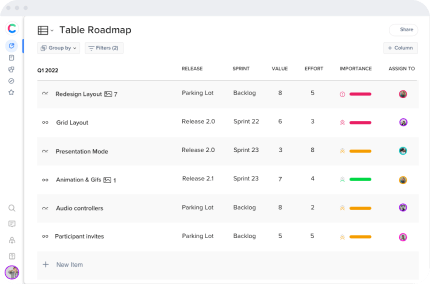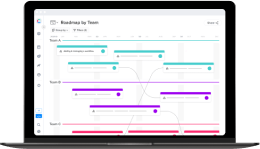What are hard skills?
When determining the ideal person to fill a vacant job position, employers always consider a wide array of soft and hard skills that prospective candidates possess. In this context, hard skills refer to the various practical task-centric capabilities that make a job applicant suitable for a specific job role.
For example, a job candidate’s resume applying for an accounting-related role must clearly show that accounting is their primary hard skill. On the other hand, someone aiming to fill a vacant position at an established bakery must possess a hard skill related to food production, e.g., an apprentice baker certificate, food science degree, etc.
Acquiring Hard Skills
A person can acquire hard skills through two primary routes, namely through:
● Education, whereby an individual learns a hard skill at school or through self-initiated learning, such as coding, accounting, project planning, etc
● Practice, whereby an individual acquires a hard skill through apprentice training or self-initiated practice, such as carpentry, masonry, welding, plumbing, etc.
After acquiring a hard skill, an individual must continuously practice the acquired task-specific capability to retain, refine/develop, and master the hard skill. Furthermore, recruiters typically require job candidates to prove hard skill competence by providing institutional certification, i.e., a degree or certificate.
In cases where certification is lacking or inadequate, employers can require a job applicant to practically demonstrate hard skill competence by taking a test. For example, a web hosting provider company looking for competent python programmers can require candidates to develop a basic server-side app for role-specific job screening.
Hard Skills versus Soft Skills
As mentioned in the introduction, hard skills describe a wide array of practical capabilities that an individual acquires through formal or self-initiated learning. In this context, a hard skill can be a task-specific technical capability or related technical competencies.
For example, the ability to code is a task-specific capability that allows an individual with this hard skill to perform code-related tasks. However, coding is only one of the many related technical capabilities that make up a web developer’s toolset.
Consequently, most people seek to learn a particular hard skill not to acquire task-specific technical competence but because the talent is an integral part of a job-defined set of hard skills. For example, while a hard skill makes a candidate suitable for a specific job role, it is usually not the only technical capability required.
Suitable examples of task-specific hard skills that feature in modern-day resumes include:
● Accounting
● Graphic Design
● Copywriting
● Photo Editing
● Marketing
Examples of hard skills that are a set of related technical competencies include:
● Database management
● Server maintenance
● Statistical Analysis and Data Mining
● Distributed computing
On the other hand, soft skills cannot be learned and are not specific to particular job roles. In essence, soft skills are considered intrinsic, i.e., part of a person’s character. Consequently, employers cannot verify soft skills as with hard skills. Examples of soft skills include problem-solving, leadership, communication, collaboration, etc.
Hard skills are task-specific technical capabilities that a person acquires through formal schooling or are self-initiated learning.


